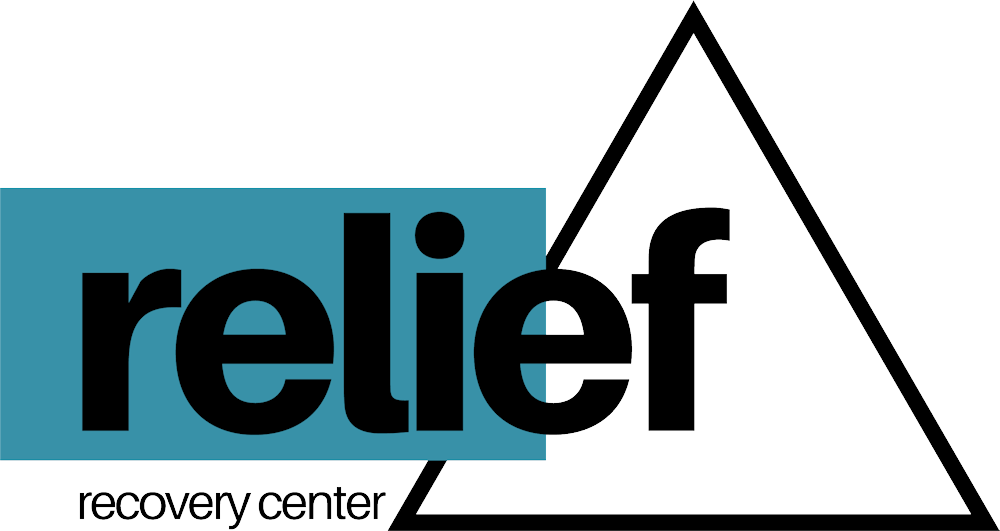What happens after an intervention will vary widely. Interventions in addiction recovery represent a crucial moment, where confrontation meets compassion. A pressing question often follows: does a person go directly to treatment after an intervention? This blog explores the post-intervention journey, particularly focusing on the steps that unfold in Massachusetts.
Understanding the Intervention Process
Interventions, more than just meetings, are strategic and emotionally driven efforts to help a loved one recognize their battle with addiction and consider treatment. While the immediate goal is often to motivate treatment, the actual decision to enter therapy right after can vary greatly. For an in-depth understanding of this process, it’s beneficial to explore the need for staging an intervention.
Immediate Transition to Treatment – How Often Does It Happen?
The journey from intervention to treatment is not always direct. Various factors influence whether an individual will immediately seek treatment post-intervention.
Readiness for Change The decision to enter treatment is deeply personal. An individual’s readiness to change plays a crucial role. This readiness is influenced by their recognition of the problem and willingness to embrace change.
Severity of Addiction The severity of addiction can dictate the urgency of treatment. More severe cases might prompt a quicker transition, while milder cases might lead to deliberation and delay.
Support Systems’ Influence Supportive friends and family can greatly influence the decision to seek treatment. A strong, encouraging support system can provide the necessary motivation and reassurance during this critical time.
Emotional and Mental Preparedness An individual’s emotional and mental state post-intervention is pivotal. Being mentally and emotionally prepared for the challenges of treatment often determines the readiness to commence the recovery journey immediately.
Interventions in Massachusetts – A Closer Look
In Massachusetts, the approach to interventions and the subsequent transition to treatment may have unique characteristics. Local resources, community support, and state-specific programs play a role in shaping these experiences. Understanding the intervention process within this regional context can provide valuable insights for those living in or near Massachusetts. For a deeper exploration of the intervention process itself, consider reading about the intervention process.
Barriers to Immediate Treatment Post-Intervention
Not all intervention outcomes lead directly to treatment. Various barriers can delay this transition. These may include logistical challenges, such as finding the right treatment facility, financial concerns, or even the individual’s reluctance to immediately commit to a recovery program. Additionally, the emotional aftermath of an intervention can be a significant factor. Understanding and navigating the emotional impact of interventions is crucial in overcoming these barriers.
Facilitating a Smooth Transition to Treatment
Transitioning smoothly from an intervention to treatment is essential and involves multiple steps:
- Identifying Appropriate Treatment Options Delving into various treatment options and choosing one that aligns with the individual’s specific needs is the first critical step.
- Financial Planning and Insurance Considerations Addressing the financial aspects, including insurance coverage, is key to accessing effective treatment.
- Emotional Support and Counseling Providing ongoing emotional support for both the individual and their family is vital, as interventions are just the start of a longer emotional journey.
- Logistics and Timing Organizing practical details like transportation and timing helps in creating a seamless transition into treatment.
- Continued Engagement and Follow-Up Keeping the lines of communication open and offering consistent support reinforces the individual’s decision and encourages them throughout their recovery journey.
The Path Forward After an Intervention
The steps taken after an intervention are as crucial as the intervention itself. Whether an individual proceeds directly to treatment or takes time to decide, understanding and support are key. Each journey is unique, and the right approach depends on individual circumstances. For those seeking more information on interventions and the subsequent steps, exploring additional resources like Addiction Intervention Services and Coping with the Emotional Impact of Interventions can be immensely helpful.
Your Partner in Recovery: Relief Recovery Center
At Relief Recovery Center, we understand the complexities and emotional nuances of the intervention process. Our dedicated team is committed to providing comprehensive support, guiding you and your loved ones through every step of the journey towards recovery. From staging effective interventions to facilitating a seamless transition into treatment, we are here to offer expertise, care, and unwavering support. If you’re navigating the challenges of addiction, reach out to us. Together, we can pave the way towards a healthier, more hopeful future.



